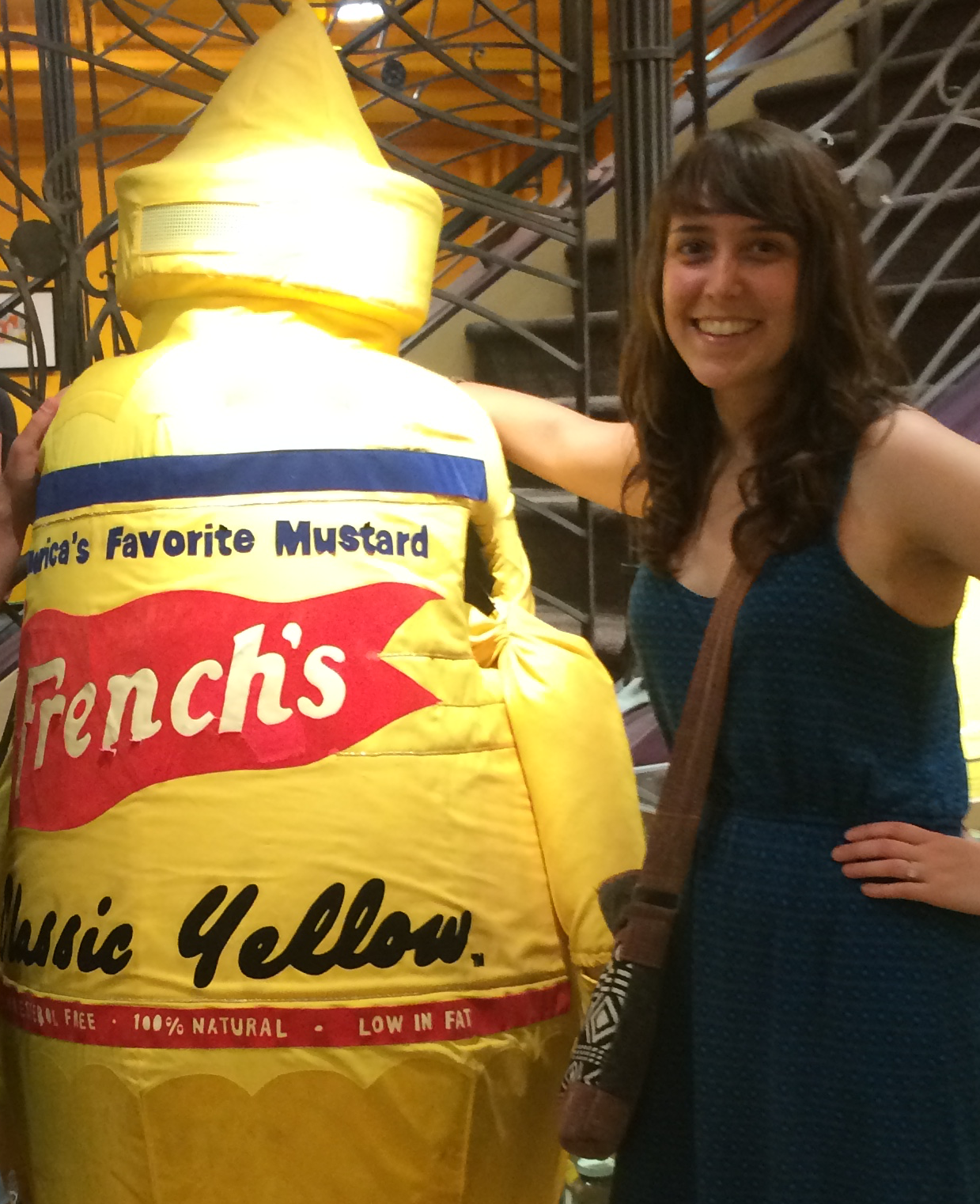
Hello! I’m a Discovery Scientist at Bayer Crop Science, where I work with the Breeding Innovations team to come up with creative ways to increase genetic gain in crop breeding. Broadly, I’m interested in using statistics, population genetics, and quantitative genetics to answer questions surrounding crop origins and domestication, how various demographic processes have influenced current crop productivity and quality, and how this information can be used to facilitate future crop improvement and genetic gain.
Formerly, I was working on an NSF-funded project to study the domestication of Brassica oleracea, a single species that includes diverse crops like kale, cabbage, kohlrabi, Brussels sprouts, broccoli, and cauliflower. Not convinced this is awesome? Check out this article and infographic that explain why this species is so cool!
Prior to postdoc life, I completed a PhD in Plant Breeding & Plant Genetics at the University of Wisconsin-Madison. My dissertation work focused on understanding the genetic basis (e.g. heritability, type of gene action, quantitative trait loci) of shoot architecture in carrot, which is essential for successful crop establishment and weed management. Since most resources are understandably devoted to studying carrot roots, this was an important first step to breed varieties with improved weed competitive ability.
Before heading to the arctic north in WI, I finished an internship in the hot pepper breeding program at Seminis-Monsanto (Woodland, CA) and an MS in Plant Breeding at Texas A&M University, where I studied the effects of potato bioactive compounds on prostate cancer in mice. I learned a great deal about phytochemicals and animal models, but most importantly that, in terms of improving nutritional quality of vegetables, I am much more comfortable at the plant breeding end of the spectrum.
How did I end up working on mice in the first place? While working on my BS in Horticulture at Texas A&M, I was very fortunate to receive mentorship from the very talented members of the Potato & Vegetable Legume Improvement Program, who were investigating the chemopreventive properties of different potato varieties. This experience inspired my passion and appreciation for plant breeding, and I look forward to mentoring others on their path to scientific discovery.